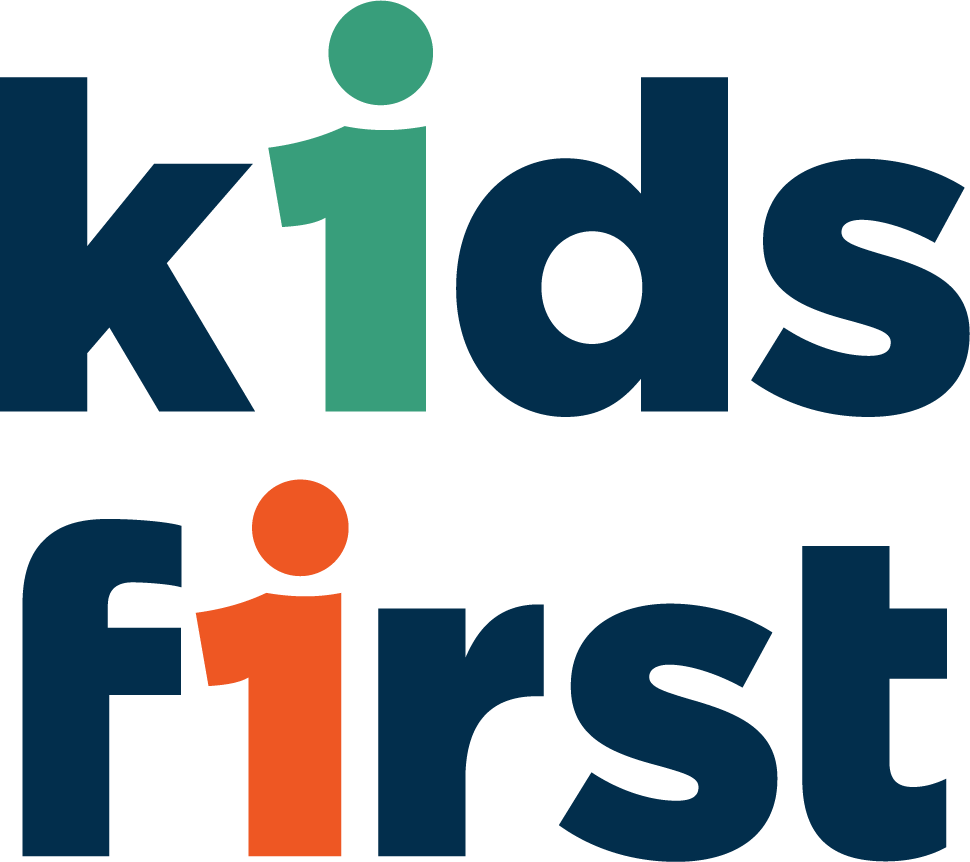Empowering Foster Children for Lifelong Success: A Guide for Foster Parents
As a foster parent, you hold a pivotal role in the lives of the children placed in your care. Beyond providing a safe and loving home, you have the unique opportunity to empower foster children with the tools they need to succeed not just today, but throughout their lives. At a time when stability and guidance are paramount, your guidance and support can make all the difference. In this article, we’ll explore the essential ways foster parents can empower foster children for lifelong success, laying the foundation for a bright future.
7 Ways Foster Parents Empower Children for Success
Education
Emotional Well-Being
Life Skills
Identity and Cultural Connection
Support Network
Future Planning
Permanency
1. Education: Nurturing a Love for Learning
Education is a cornerstone of a child’s development. Foster parents can play a vital role in fostering a love for learning by creating a supportive environment. Ensure foster children attend school regularly, help with homework, and engage in open conversations about their educational goals. Advocate for additional resources or support if needed to address any learning challenges.
2. Emotional Well-Being: Building Resilience
Many foster children have experienced trauma or loss, which can impact their emotional well-being. Foster parents can provide stability and emotional support by creating a safe space for children to express their feelings. Encourage healthy coping mechanisms and consider professional counseling if necessary. By building resilience, you help them navigate life’s challenges with strength and confidence.
3. Life Skills: Preparing for Independence
Foster parents should impart essential life skills to foster children as they grow. Teach them practical skills such as cooking, budgeting, and basic household chores. Encourage responsibility and independence, gradually granting age-appropriate freedoms. These skills will serve as valuable assets as they transition into adulthood.
4. Identity and Cultural Connection: Nurturing Self-Identity
Foster children may face questions about their identity and cultural heritage. Foster parents can provide resources and connections to help them explore their roots and heritage. Celebrate cultural traditions and encourage a sense of belonging, helping them embrace their unique identity.
5. Support Network: Fostering Positive Relationships
A strong support network can make a significant difference in a foster child’s life. Foster parents should encourage positive relationships with extended family members, teachers, mentors, and friends. Create opportunities for them to build connections and offer guidance on building healthy relationships.
6. Future Planning: Setting Goals and Aspirations
Help foster children envision their future by setting goals and aspirations. Encourage them to dream big and explore potential career paths. Provide guidance on the steps needed to achieve their dreams, from education to work experience.
7. Permanency: Exploring Adoption Options
If adoption is a possibility, initiate conversations about permanency and adoption with foster children. Offer emotional support and reassurance during this transition, ensuring they feel secure in their journey towards a permanent, loving home.
Fostering Success, Hope, and Resilience with Kids First
Foster parenting is not just about providing a temporary home; it’s about sowing the seeds for lifelong success. As a foster parent, your guidance and support can empower foster children to overcome obstacles and reach their full potential. By focusing on education, emotional well-being, life skills, identity, support networks, future planning, and permanency, you’re laying the groundwork for a brighter future. Your dedication and love will forever impact the lives of the children you nurture, ensuring they are equipped with the tools to succeed in whatever path they choose to follow. And if you need help at any point, that’s what we’re here for. Contact Kids First.

